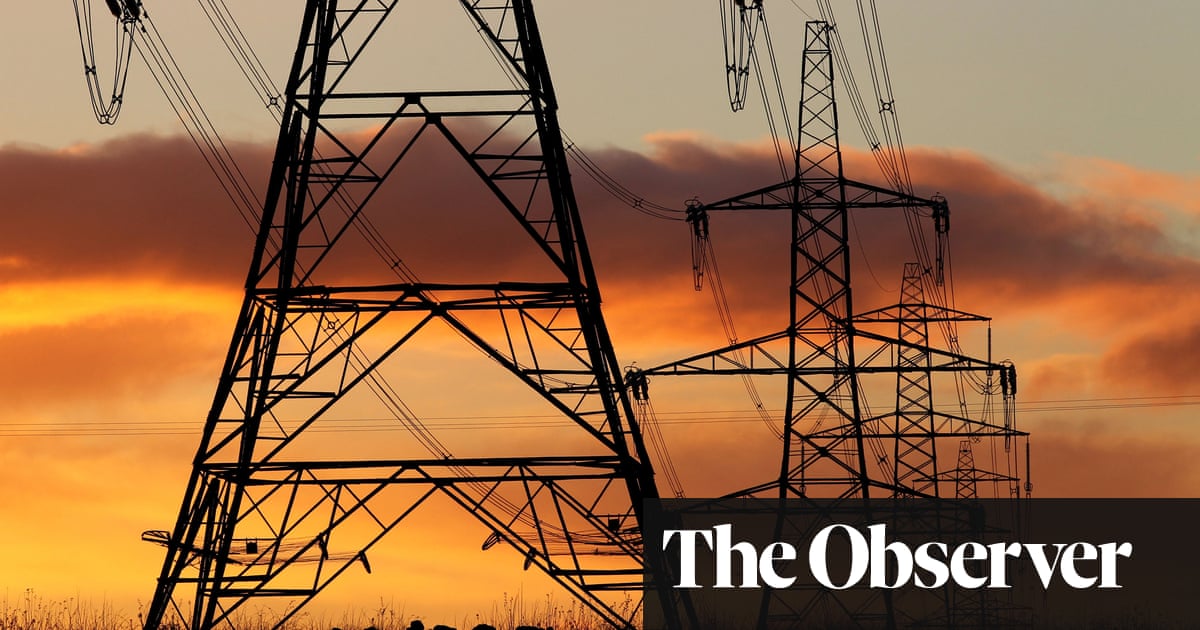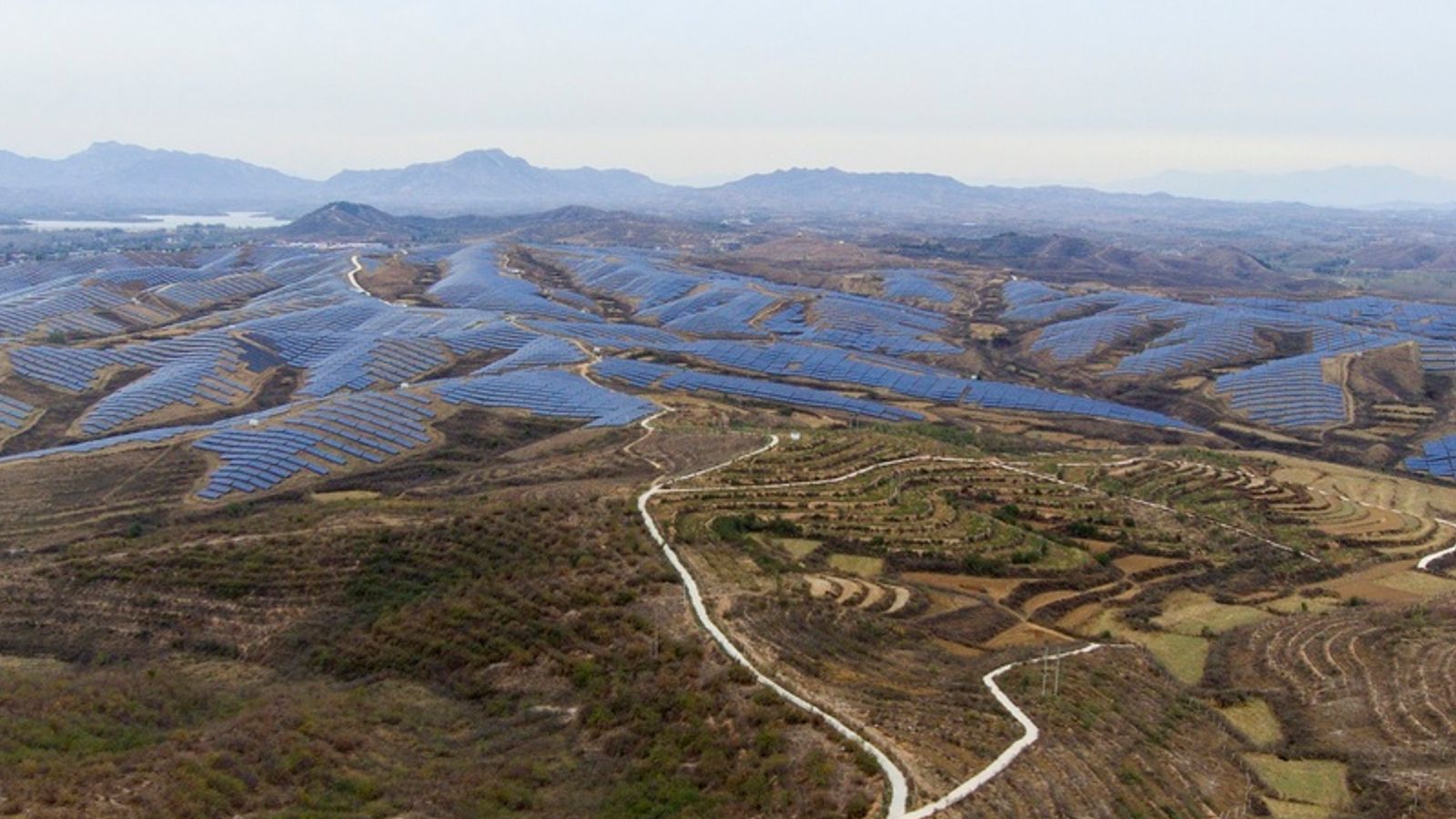m80
MB Enthusiast
- Joined
- Apr 26, 2015
- Messages
- 6,774
- Location
- Derbyshire, High Peak
- Car
- Viano ex long, 651 2014. S211 646 2009 (till the Gov't drones blow 'em off the road)
Dad was one of 13, 7 survived childhood. Or the going up chimneys who knows?Mum was one of nine.
Saved on the coal
(And they couldn’t afford SKY)
I know it's mixing threads, but for some, feasibly many, them days of 1st up best dressed are returning.
Not for thems affording leccy mo mo's mind, their greatest panic will be if smart meters ration their charging availability.
When I tell the grandkids I ad ter walk a mile to a red box to make a phone call they don't believe me.
"A letter grandad, what's that?"
"It's French son, and used correctly has far more chance of saving the planet than any of this more modern tech."



